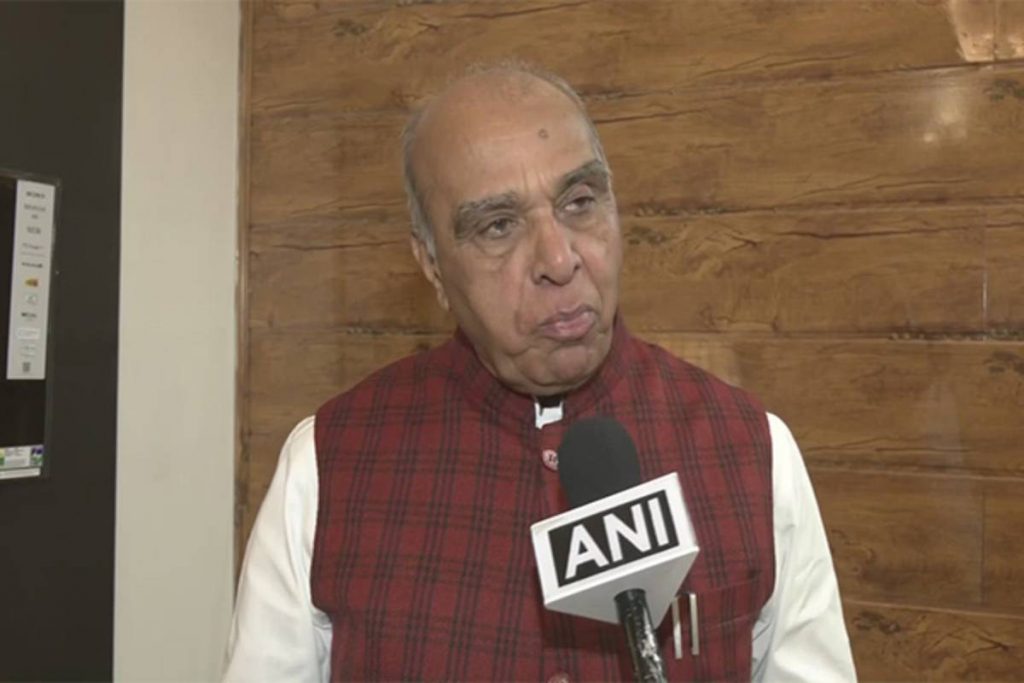The Chairman of the Joint Parliamentary Committee (JPC) on the Waqf Bill, Jagdambika Pal, on Tuesday responded to AIMIM Chief Asaduddin Owaisi’s objections to the proposed Waqf (Amendment) Bill, asserting that the new legislation will benefit poor Muslims, Pasmanda Muslims, and widows.
Pal defended the bill, drawing parallels with the Triple Talaq Bill and its positive impact. “When Article 370 was discussed, Mehbooba Mufti had warned of rivers of blood. Just as the Triple Talaq Bill brought benefits, similarly, the new Waqf Bill will lead to positive outcomes,” Pal told ANI.
He also pointed out that Owaisi had actively participated in the discussions of the Joint Parliamentary Committee (JPC), where amendments to the Bill were passed and dissenting notes were filed by the opposition. “Owaisi himself has been part of the JPC, attending meetings where amendments were voted on and the report was adopted,” Pal added.
Pal emphasized that the government’s intention behind the Waqf Bill is to ensure that places of worship remain protected while ensuring that the benefits of Waqf reach those in need, particularly poor Muslims, Pasmandas, and widows.
Earlier on Monday, Owaisi had expressed strong opposition to the Waqf (Amendment) Bill, 2024, warning that its current form would lead to social instability. He stated that the bill had been rejected by the entire Muslim community and argued that it violated fundamental rights under Articles 25, 26, and 14 of the Constitution. “If you bring this Waqf law in its present form, it will violate these constitutional rights and lead to social instability in this country,” Owaisi said in the Lok Sabha.
He further asserted, “No Waqf property will be left, nothing will be left,” and criticized the government’s approach. “You want to make India a ‘Viksit Bharat’, and we also want the same. But if you want to take this country back to the ’80s and early ’90s, that will be your responsibility.”
Owaisi, a strong advocate for the protection of Muslim properties, made an emotional plea, saying, “As a proud Indian Muslim, I will not lose an inch of my Masjid, nor my Dargah. I will not allow that to happen. Waqf is a form of worship for me, and I will not let anyone take it away from us.”
The debate over the Waqf (Amendment) Bill continues as discussions on its impact and potential consequences remain ongoing.
